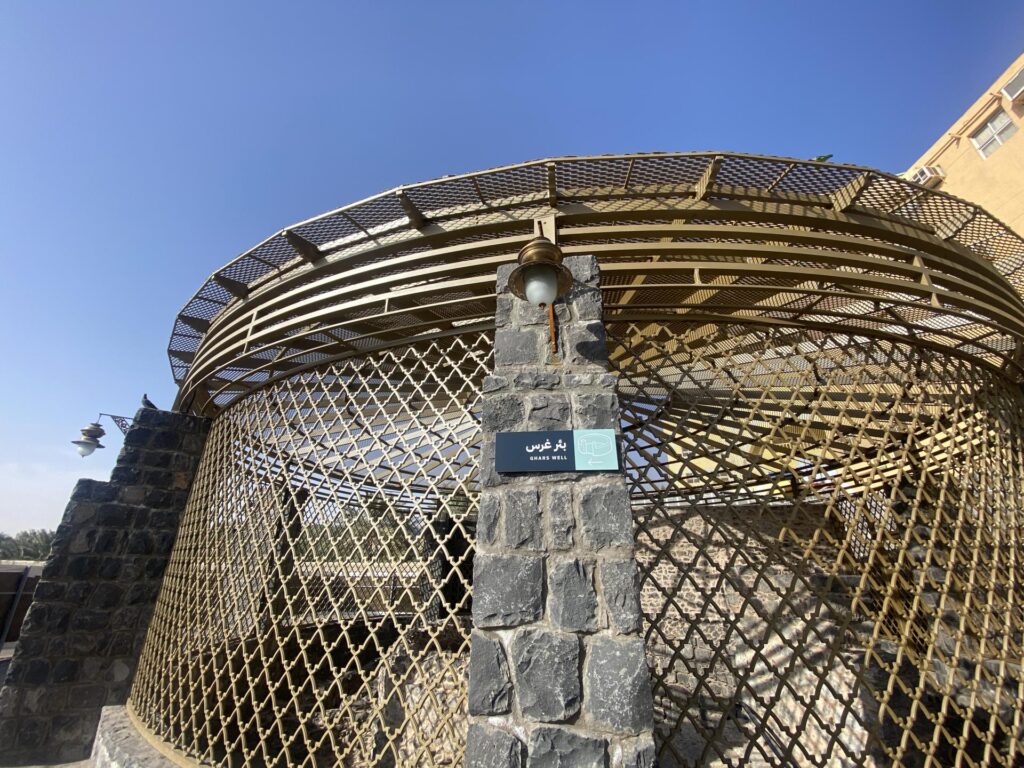In the world of Islamic history, the Well of ghars stands as a testament to the rich heritage and the pivotal role it played in the life of the Prophet Muhammad (peace be upon him). This article will delve into the history and significance of this iconic well, exploring its origins, the story behind its name, and the enduring legacy it has left behind.
Introduction: The Seven Famous Prophetic Wells
The Well of ghars is one of the seven famous prophetic wells known as “Aris, ghars, Ruma, Bir Haa, Badah, Al-Basah, and Al-Ahn.” Each of these wells has its unique story and importance in the history of Islam.
The Origins of Well of ghars
The name “ghars” is closely tied to the fossil and the trees that were planted around it. This well was the property of the companion Saad bin Khaythama (may Allah be pleased with him). It was the place where the Prophet Muhammad (peace be upon him) used to spend his nights before migrating to Medina. Consequently, it holds a special place among the wells of Quba.
Location and Restoration
The Well of ghars is located at the intersection of two roads, near Qurban and Al-Hijrah. It has recently been restored with black stones, preserving its historical identity. Despite the renovations, the well still retains its historical significance.
Historical Accounts
According to Ibn Saad’s book “Tabaqat,” the Prophet Muhammad (peace be upon him) used to drink from the Well of ghars and blessed it. He even referred to it as “a spring from the springs of Paradise.” In another narration, it is described as having “the sweetest water.” The Prophet Muhammad (peace be upon him) cherished the water from this well and would use it for ablution and cleansing.
Anecdotes and Tales
Anas bin Malik (may Allah be pleased with him) reported that the Prophet Muhammad (peace be upon him) once asked for a bucket of water from the Well of ghars, used it for ablution, and then poured the remaining water back into the well. After this act of the Prophet, the well’s water source never ran dry.
Furthermore, the historian Dr. Taneedab Al-Faydi mentions that a man named Rabah, one of the servants of the Prophet Muhammad (peace be upon him), used to fetch water for the Prophet from the Well of ghars and the houses of water carriers.
Special Instructions for the Afterlife
It is narrated from Imam Ali (may Allah be pleased with him) that the Prophet Muhammad (peace be upon him) said, “When I pass away, wash me with seven containers of water from my well, the Well of ghars.” In another narration, he instructed, “When I pass away, wash me with seven containers of water from the Well of ghars, without mixing anything with it.”
The Well of ghars is not just a historical site but a place that holds a special significance in the hearts of Muslims. It is a reminder of the simple yet profound acts of the Prophet Muhammad (peace be upon him) and the value he placed on pure and clean water. This well’s historical tales and significance continue to inspire and connect us to the remarkable history of Islam.

